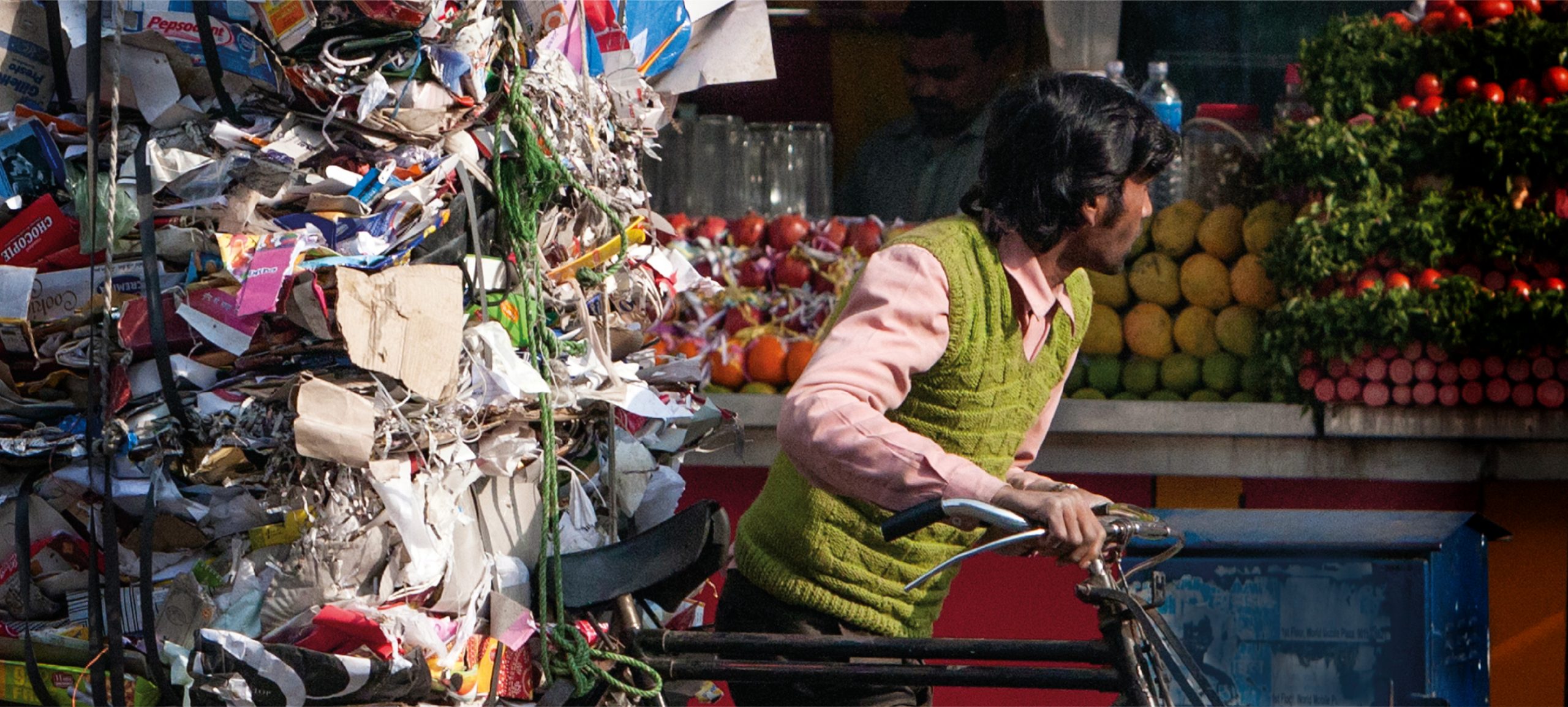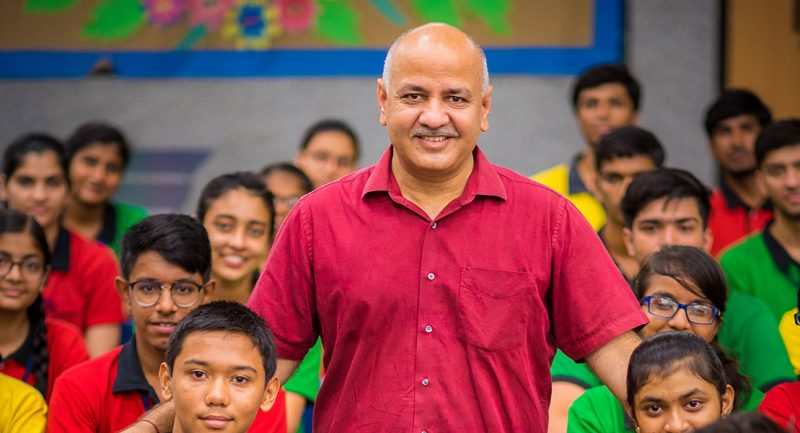
What is your relationship with ‘waste’? At most, your only interaction is when you throw something into the dustbin and then later when you’re driving around the country, you complain of mounts of garbage from the luxury of your car. Perhaps you cross a smelly river or drain. Perhaps you read the headlines of a newspaper talking about how India produces too much waste.
But who are the people who actually hands down deal with it? In New Delhi, a common estimate was that between 200,000 and 350,000 people worked as waste-pickers in an urban area of 16 million people in 2011. Rough calculations suggest that India’s 53 cities with populations of more than 1 million support close to 2 million waste-pickers, and its 465 cities with populations between 100,000 and a million sustain a further 1.5 million.
That’s a lot of people handling waste, and at different levels. To understand this better, we’ve taken an excerpt from Assa Doron and Robin Jeffrey’s book, Waste of a Nation, where they’ve created four categories of occupations that deal with waste.

Waste professionals are the people that local governments turn to for managing waste. These include scientists, engineers, private-enterprise executives, and the public service administrators and finance managers who go with twenty-first-century bureaucracy. They vary in their enthusiasm, knowledge and commitment, but the best of them bring skills, networks, and institutional understanding necessary to improving and maintaining public sanitation in growing towns and great cities. Even for those who never touch a bin or clean a toilet, work associated with garbage brings little prestige and only modest rewards at best. As we have seen, India has always been short of expertise in local government and public health.

At the other end of the waste chain – or at the bottom of the pyramid – are the handlers of waste. These are the people who scratch a living largely by dealing with the expelled materials of their fellow citizens. The way people who collect waste derive their income varies. Some are completely on their own – they find what they can in the streets, around rubbish dumps, and around the skips, or Dumpsters, at street corners or towns and cities. They confront feral animals, police, and better-resourced competitors for items of value. Better-off collectors may be full-time employees of local governments and enjoy some benefits, including regular wages (although often paid irregularly) and even ghetto-style housing. Other collectors may be employees of contractors who work for local governments or for recyclers.

Kabaadiwalas, the third of our categories, buy items of value from householders, merchants, and waste-pickers and carry them to places where they are reborn. India’s long-standing culture of frugality rests on at least three pillars. Certain systems of Hindu belief and practice celebrate asceticism and renunciation, and since the nineteenth-century, Hindu revivalists have emphasized the spirituality of India over the materialism of the West. During the nationalist movement, Mahatma Gandhi made spiritual characteristics key aspects of his program for national redemption. The rural life that characterized most of India until the 1990s meant that most people had little to throw away. And the controlled economy for the first forty years after independence produced few consumer goods. The door-to-door recycler can still be found in towns and cities, and many kabaadiwalas have gone far beyond hauling bags on a bicycle to become substantial middlemen of a kind Adam Minter, author of Junkyard Planet, would recognize at once.

The last category we call facilitators – nongovernmental organizations or self-help groups, which thirty years ago were often called action groups. India is rich with such organizations, usually run by educated, middle-class activists who aim to improve their environment by bringing skills and organization to disadvantaged workers. Such organizations are often at the center of stories of improvement in public sanitation. They suggest promising possibilities, if only…If only the work of the best of them could be scaled up; if only they were capable of surviving the loss of a dynamic founder; if only governments interfered with them less; if only more powerful interests had not muscled in on activities they had made effective and profitable; if only some of them were less enthusiastic about purely market-based solutions.
An examination of these categories of activity and people suggests rich possibilities for a cleaner India if the skills of the professionals, the networks of the recyclers, the energy of the NGOs, and the willing labor of the collectors could be synchronized. Coupled with advocacy networks and propaganda aimed at waste makers, such a combination has the potential to find ways to improve lives by vastly reducing what goes to waste.









